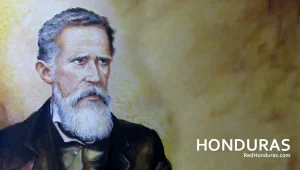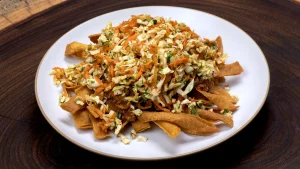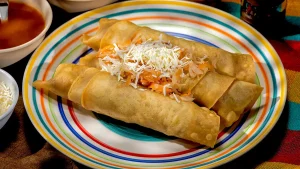Biography of Roberto Quesada
Roberto Quesada was born in Honduras in 1962. Roberto Quesada, whom the prestigious American writer Kurt Vonnegut has called «Clear, lively, and very talented writer,» was born in Honduras in 1962.
In 1986, he founded and directed the literary magazine SobreVuelo. He is the author of El desertor (short stories, 1985), Los barcos (1988), which has been highly successful in the United States, and El humano y la diosa (1996), which received the prize from the Latin American Writers Institute in the United States. Big Banana, his third novel, has also been well-received in the United States in 1999, as well as its Spanish edition (Seix Barral, 2000). His work has received favorable reviews from important literary publications, including The New York Times Book Review and Babelia (El País, Spain).
Since 1989, he has resided in New York. He has given lectures at various American universities and is currently the First Secretary of the Embassy of Honduras to the United Nations. His short stories are featured in various anthologies published in German, Russian, English, and Spanish; among the most recent is Se habla español. Voces Latinas en USA (Alfaguara 2000).
In 1985, he self-published his first book of short stories: EL DESERTOR, where one can perceive a narrator who will spark discussions and stir some commotion among intellectual circles in Honduras.
This series of stories conveys a feeling of repudiation towards war, human manipulation, and alienation. Each story is crafted with a subtle sense of humor that lays bare the true Honduran. I would say it’s a radiography of our idiosyncrasy. The mentioned book is divided into three parts. It mostly uses dialogue as a means of communication and giving voice to its characters. Some stories have an anecdotal character. In my opinion, the best accomplished ones are El Desertor, El último habitante de Macondo, and perhaps, El cielo se ha movido.
Year 1988
Roberto Quesada’s first novel, Los BARCOS, appears. The events of this novel take place in La Ceiba. The story revolves around Guillermo, a city boy who goes to seek work in the pineapple plantations of Standard Fruit. He wants to be a writer. He becomes acquainted with the lives of the pineapple pickers, including Don Chago, his friend Santiago, the poet – whom we recognize through some clues as the poet José Adán Castelar (his stepfather) – the labor conflicts between the transnational company and the workers, the love of Idalia, the alienation of society, and the war psychosis that the country experiences following the triumph of the Nicaraguan revolution.
The dialogues are well crafted, as well as Guillermo’s descriptions of La Ceiba and El Porvenir in his preparatory essays to become a writer. Throughout the reading, there are dialogues that Guillermo has with his grandfather, to whom he tells the story we have been reading. This narrative technique employed by Quesada is an innovation in Honduran literature.
The novel is filled with colloquial phrases used by the characters. There is an overuse of profanity – I came across the word «jodido» and its derivatives three times – and it’s not that we are language purists, but the excessive use of these words does not contribute to the creation of the literary body that a novel should be. Perhaps this detracts a bit from the work. Apart from that, Los Barcos has a modern structure and an agile narration.
In mid-1993, the English edition of THE SHIPS was published in New York and was well-received by the New York critics. Its success has led to Quesada being mentioned as a new talent in Latin American novels in the Encyclopedia Britannica.
He is currently working on his second novel in English: THE BiG BANANA.
Works
- Book of Short Stories «El desertor» (1985),
- «Los barcos» (1988) and «El humano y la diosa» (1996), which won the prize from the Latin American Writers Institute in the United States.
- «Big Banana» (1999),
- his third novel, has also been well-received in the United States, as well as its Spanish edition (Seix Barral, 2000).
- His most recent novel, «Nunca entres por Miami» (Mondadori, 2002), spent several weeks on the bestseller list in the United States.
- His latest book, titled «La novela del milenio pasado»




